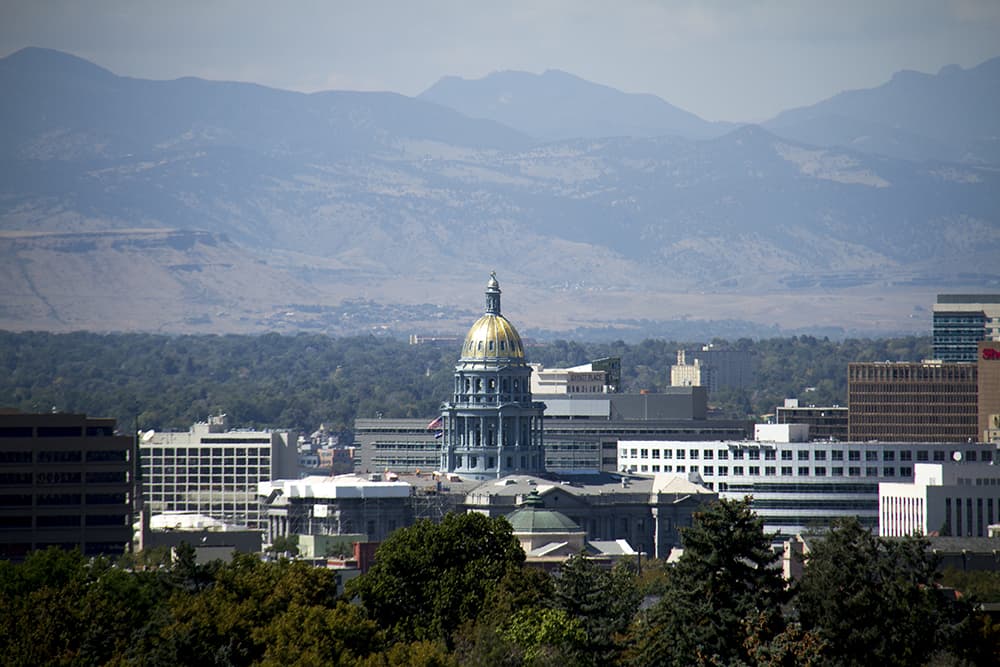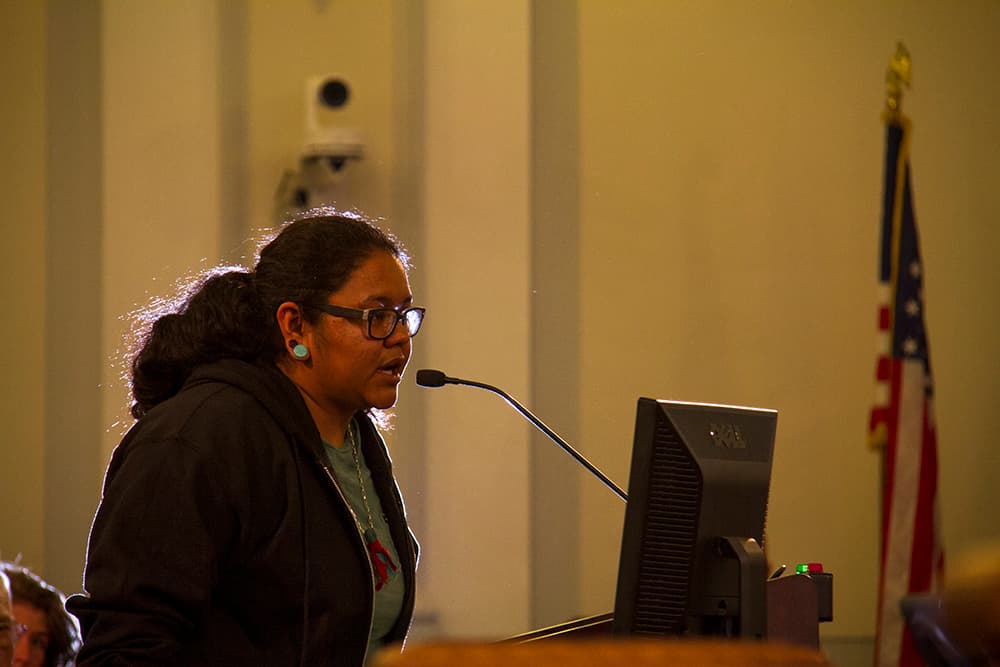
By James Anderson, Associated Press
Diminished revenues from Colorado's depressed energy sector and court-ordered tax rebates to oil companies mean lawmakers will tackle spending cuts to avert a general fund shortfall next fiscal year, according to revenue forecasts released Tuesday by legislative and administration analysts.
The price-driven downturn in Colorado's energy sector has leveled off, meaning lost jobs and stalled investment won't be more of a drag on an economy whose growth is being led by consumer spending, analysts told the Joint Budget Committee.
That spending, however, has been dampened by high housing costs in the Denver metropolitan area, said Natalie Mullis, chief legislative economist. Uncertainty surrounding future U.S. interest rates, export demand and the November elections could curb corporate investment in Colorado, Mullis said.
That, coupled with new obligations such as nearly $100 million in the severance tax rebates, could produce an estimated $63 million shortfall in funding for education, prisons and other obligations, she said.
Henry Sobanet, director of the governor's Office of State Planning and Budget, said Colorado's technology-driven economic growth will persist despite revenue losses from energy, but at a lesser pace than earlier in the economic expansion that's followed the Great Recession.
Lawmakers and the governor's office use the quarterly economic forecasts to plan their budget work for the fiscal years that start July 1. Gov. John Hickenlooper must present his next budget proposal by Nov. 1.
The general fund — currently $10.7 billion, out of a total $27 billion budget — must be maintained above a level set by law or trigger budget cuts. It's above that limit this year, but next year is projected to be $226.5 million short, according to the administration's forecast.
One culprit: The refunds that became necessary after Colorado's Supreme Court ruled the state improperly calculated deductions to severance taxes paid by energy companies. Municipalities impacted by drilling usually rely on the revenues, which have dropped from $262 million to $18.9 million.
Other key findings:
— No taxpayer refunds are expected in fiscal year 2016-17 under the Taxpayer's Bill of Rights. TABOR refunds are projected for 2017-18 and 2018-19.
— School spending from the general fund is projected to be $104 million, down from $302 million this year.
— Sales tax revenue could jump nearly 7 percent next year to roughly $3 billion, thanks in part to retail marijuana sales and new sales taxes from online retailer Amazon.









